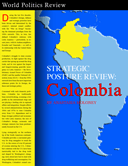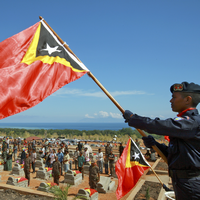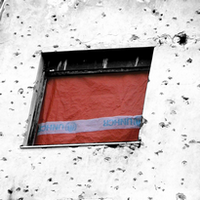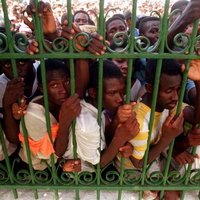
Editor’s Note: This article was originally published on Sept. 15, 2009, as part of the WPR feature “Illicit Flows and Transnational Threats.” It is made available here for free, as part of a promotion that ends Jan. 5. To experience more of WPR’s subscription service, sign up for a 30-day free trial. In January 2009, retired Gen. Mauro Tello Quiñones took command of a police unit charged with combating drug-related violence in the popular Mexican tourist destination of Cancún. The assignment lasted just one week. In early February, Tello and two aides were kidnapped and killed. Before murdering Tello, the […]





